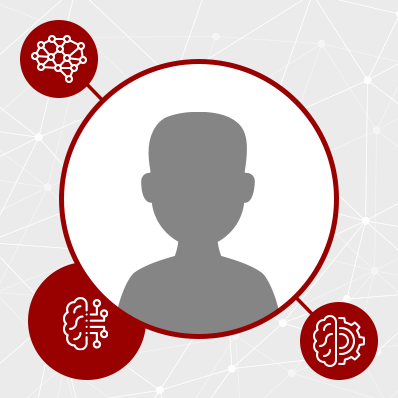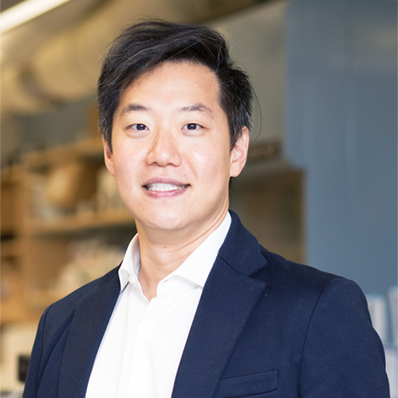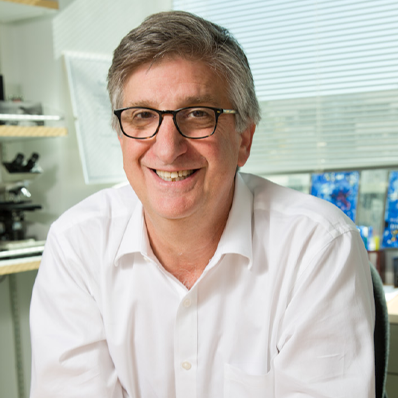Kaplan, Jonas
Associate Professor of Psychology
I study self, consciousness, and meaning-making in all of its forms, with a focus on understanding the neural systems that integrate information to form high level models of the world and of the self. This includes a focus on narrative cognition, and naturalistic fMRI methods that allow for the analysis of the real-time, ongoing neural dynamics that support our understanding of the people, events, and stories that make up our worlds.
Lee, Changhan David
Associate Professor of Gerontology
The Lee Lab investigates how metabolism regulates aging and age-related diseases, including Alzheimer’s, with a focus on mitochondrial communication. Traditionally viewed as end-stage organelles, mitochondria are now recognized as active signaling hubs. We study newly discovered bioactive microproteins encoded in the mitochondrial genome—particularly within the 12S rRNA region—that act as innate signals influencing cell and organismal physiology. These microproteins function both within and between cells and may serve as mitochondrial longevity genes and therapeutic targets. Our work bridges molecular biology and whole-organism physiology to uncover how mitochondria influence aging from within. Students interested in metabolism, mitochondrial biology, and translational aging research will find rich opportunities here.
Levitt, Pat
The research projects are driven by a talented group of postdoctoral fellows, graduate students, research staff and collaborating faculty. Our laboratory is unique in undertaking both basic and clinical research projects. Research projects investigate the development of brain architecture underlying emotional and social behavior and learning, the challenges that arise when neurodevelopment is derailed, and determining why brain and certain medical disorders often co-occur in children. The basic science projects are focused how genes and prenatal and early postnatal environments together influence typical and atypical development. The clinical research projects focus on understanding the impact of early experiences, positive (social connectedness) and negative (early life adversities - neglect/abuse) on healthy brain and child development and the impact on metabolic health.
Liew, Sook-Lei
Associate Professor of Biokinesiology and Physical Therapy
The overall mission of the laboratory is to enhance neural plasticity in a wide population of individuals in order to improve their quality of life and engagement in meaningful activities. We particularly focus on individuals with stroke using big data neuroimaging approaches, along with noninvasive brain stimulation and brain computer interfaces.
Liman, Emily
Harold W. Dornsife Chair in Neuroscience and Professor of Biological Sciences
The Liman lab studies how ion channels enable sensory cells to convert chemical and mechanical cues into electrical signals. We discovered the Otopetrin (OTOP) family of proton-selective ion channels and showed that OTOP1 is the long-sought sour-taste receptor as well as a detector of ammonium. Using patch-clamp electrophysiology, structure-guided mutagenesis, cryo-EM, and in vivo genetics we aim to reveal how protons permeate OTOP pores, how gating is tuned by pH and lipids, and how channel activity shapes taste, balance, and metabolic physiology. Ongoing projects extend these questions to other OTOP isoforms combining medium-throughput screening with computational modeling to identify first-in-class modulators and mouse genetics to identify and manipulate cells that express OTOP channels. Students gain rigorous cross-disciplinary training in membrane biophysics and sensory neuroscience while working in a collaborative, inclusive environment.









